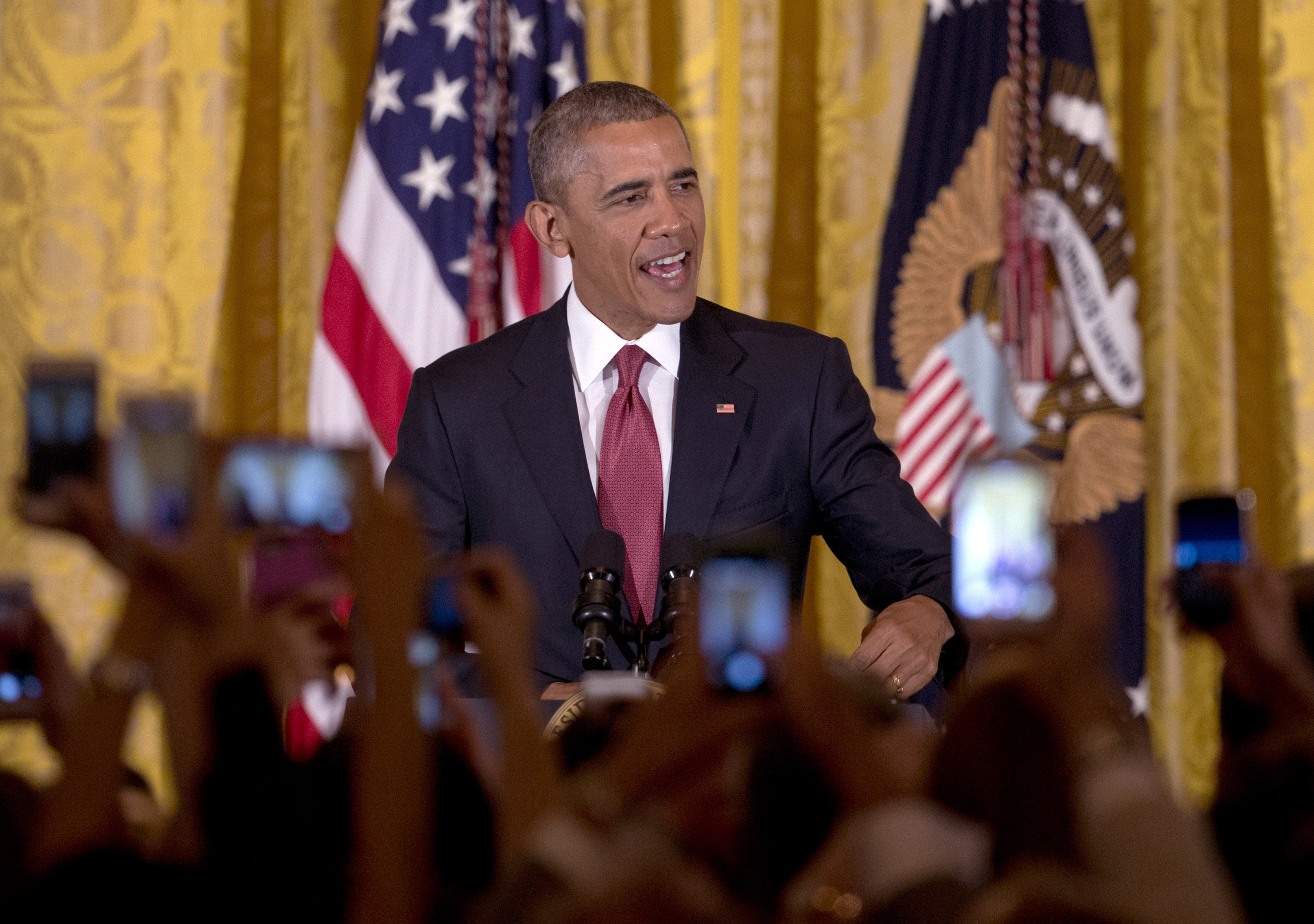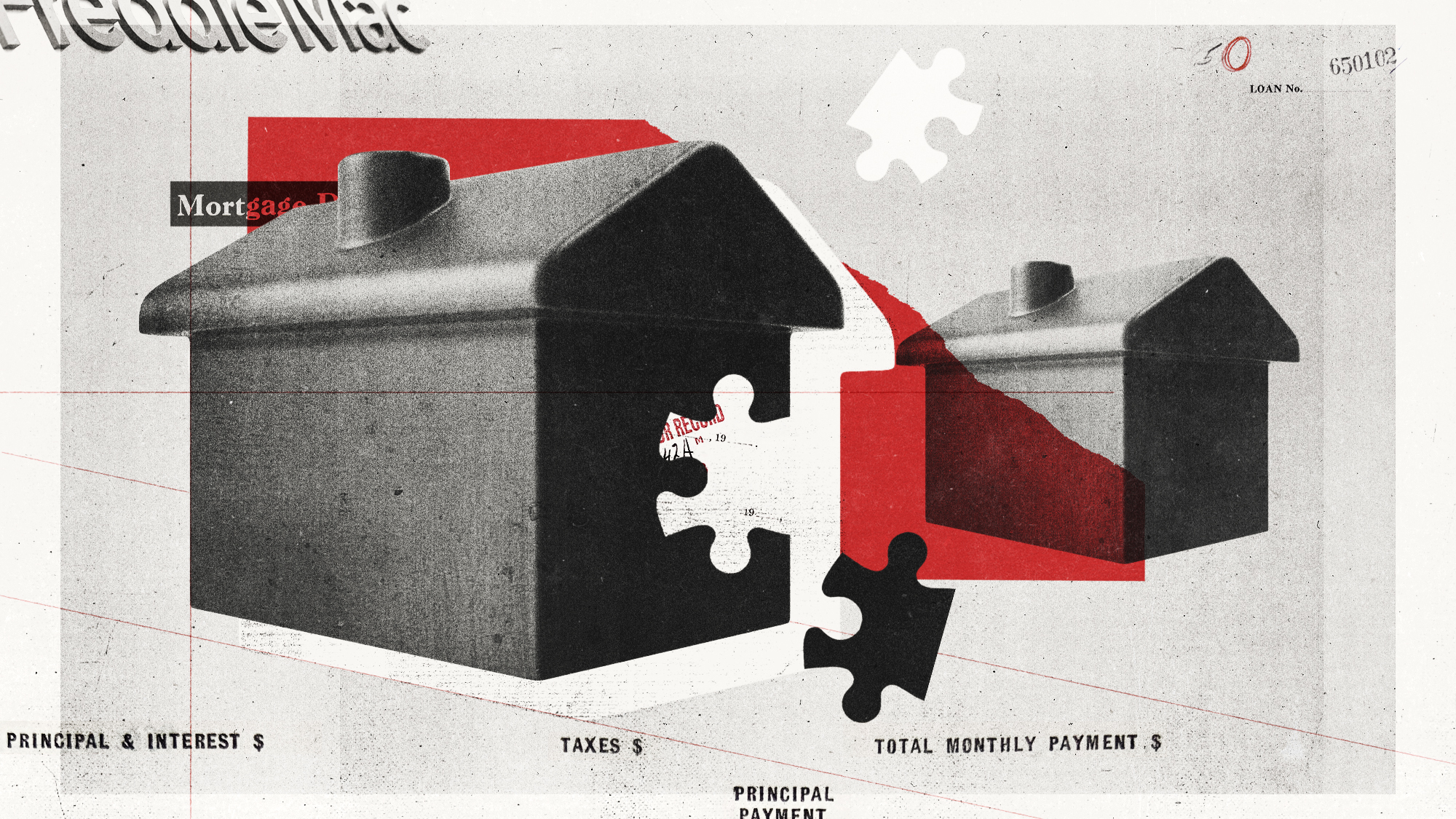How technology is destroying American democracy
Electronic democracy is not a good thing


At the dawn of the information age, technology promised to transform American politics into something close to a pure democracy. Each voter would be able to easily register his or her opinion on a variety of issues! Lawmakers would know exactly how their constituents felt! Consensus could be reached on how to fix even the nation's most intractable problems!
During the 1992 presidential campaign, billionaire populist Ross Perot waged an independent candidacy based on these ideas. He proposed "electronic town halls" — an idea he first advanced in 1969 — which would allow voters to give near-instant feedback to their elected officials using their televisions and phones. Perot's idea was so powerful that it was partly adopted during the campaign with town hall-style debates where audiences posed the questions instead of journalists. That conceit has been a fixture of debate season ever since.
But even as information technology has advanced to the point where most Americans have a computer in their pocket, our politics has gotten worse. Much worse. We're more connected than ever — yet our elected officials are more divided, less gets done, and voters are more angry than ever.
Subscribe to The Week
Escape your echo chamber. Get the facts behind the news, plus analysis from multiple perspectives.

Sign up for The Week's Free Newsletters
From our morning news briefing to a weekly Good News Newsletter, get the best of The Week delivered directly to your inbox.
From our morning news briefing to a weekly Good News Newsletter, get the best of The Week delivered directly to your inbox.
What Perot and other proponents of electronic democracy didn't foresee was how technology can be used to divide and splinter us.
Take gerrymandering, the drawing of odd-shaped congressional districts to maximize the strength of one political party. It's a practice that has endured for more than a century. But now, mapping technology has advanced to the point where districts can be easily drawn to include (or eliminate) not just neighborhoods, but individual blocks and even houses. The result is completely partisan districts that vote the same way in every election. Republicans were so effective at gerrymandering congressional districts after the 2010 Census that most political forecasters think it's nearly impossible for Democrats to win the House until after the next round of redistricting in 2020.
Technology has also given unprecedented influence to insurgent forces in American politics. While American political history has plenty of examples of insurgent candidates challenging the political establishment, it's been very difficult for them to gain a strong, long-lasting foothold and actually win elections. As we saw in the rise of the Tea Party in 2010, it's now much easier to harness the power of the grassroots. Technology has reduced parties' traditional role as major gatekeepers of power. This has made it harder for parties to forge compromises and pull together governing coalitions.
But perhaps most important, technology has changed how campaigns reach out to voters, work with the press, and raise money. Candidates used to win elections by appealing to the ideological middle, the swing voters with less allegiance to any political party. Technology now makes it easier for candidates to mobilize their bases — typically the most ideologically committed voters — and make sure they get to the polls. Each successive election over the last decade or more has led to a more partisan Congress. There are very few lawmakers left who could legitimately be considered swing votes.
A free daily email with the biggest news stories of the day – and the best features from TheWeek.com
There's little doubt that technology has made our lives better in many ways. But it seems to be destroying our politics.
Taegan D. Goddard is the founder of Political Wire, one of the earliest and most influential political websites. He also runs Wonk Wire and the Political Dictionary. Goddard spent more than a decade as managing director and COO of a prominent investment firm in New York City. Previously, he was a policy adviser to a U.S. senator and governor. Goddard is also co-author of You Won — Now What? (Scribner, 1998), a political management book hailed by prominent journalists and politicians from both parties. Goddard's essays on politics and public policy have appeared in dozens of newspapers across the country, including The Washington Post, USA Today, Boston Globe, San Francisco Chronicle, Chicago Tribune, Philadelphia Inquirer, and Christian Science Monitor. Goddard earned degrees from Vassar College and Harvard University. He lives in New York with his wife and three sons.
-
 11 cool pools and lazy rivers to try this summer
11 cool pools and lazy rivers to try this summerThe Week Recommends You'll want to dive right in
-
 Fannie Mae and Freddie Mac helped trigger the Great Recession. Would an IPO create new dangers?
Fannie Mae and Freddie Mac helped trigger the Great Recession. Would an IPO create new dangers?In the Spotlight It depends on the 'implicit guarantee'
-
 Oz at the Sphere: AI's latest conquest
Oz at the Sphere: AI's latest conquestFeature The Las Vegas Sphere is reimagining The Wizard of Oz with the help of AI
-
 Ghislaine Maxwell: angling for a Trump pardon
Ghislaine Maxwell: angling for a Trump pardonTalking Point Convicted sex trafficker's testimony could shed new light on president's links to Jeffrey Epstein
-
 The last words and final moments of 40 presidents
The last words and final moments of 40 presidentsThe Explainer Some are eloquent quotes worthy of the holders of the highest office in the nation, and others... aren't
-
 The JFK files: the truth at last?
The JFK files: the truth at last?In The Spotlight More than 64,000 previously classified documents relating the 1963 assassination of John F. Kennedy have been released by the Trump administration
-
 'Seriously, not literally': how should the world take Donald Trump?
'Seriously, not literally': how should the world take Donald Trump?Today's big question White House rhetoric and reality look likely to become increasingly blurred
-
 Will Trump's 'madman' strategy pay off?
Will Trump's 'madman' strategy pay off?Today's Big Question Incoming US president likes to seem unpredictable but, this time round, world leaders could be wise to his playbook
-
 Democrats vs. Republicans: which party are the billionaires backing?
Democrats vs. Republicans: which party are the billionaires backing?The Explainer Younger tech titans join 'boys' club throwing money and support' behind President Trump, while older plutocrats quietly rebuke new administration
-
 US election: where things stand with one week to go
US election: where things stand with one week to goThe Explainer Harris' lead in the polls has been narrowing in Trump's favour, but her campaign remains 'cautiously optimistic'
-
 Is Trump okay?
Is Trump okay?Today's Big Question Former president's mental fitness and alleged cognitive decline firmly back in the spotlight after 'bizarre' town hall event
